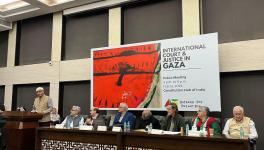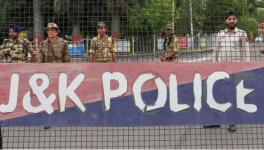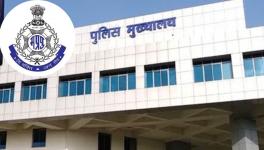10 Years Since South Africa's Marikana Massacre
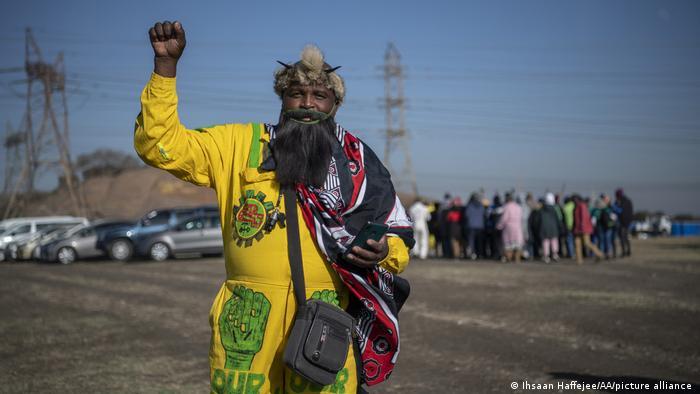
On August 16, 2012 South African police opened fire on hundreds of striking miners at a mine in Marikana, killing dozens.
Mzoxolo Magidiwane was one of the hundreds of miners who in 2012 camped for weeks outside the Lonmin platinum mine to demand better wages. It's hard for him to come back to the ground in Marikana, South Africa, where his life changed forever.
He still vividly remembers how police officers shot his loins, hip, stomach, and genitals while supressing the strike.
"It's very bad for me because I saw death. It was coming to me. The pain that I felt is the same as if the earth was going to be covered in darkness. I saw someone get shot right in the head. I couldn't breathe. It's something I will never forget," he told DW.
With several bullets in his body, Magidiwane was forced to spend months in an intensive care unit. He survived but remains angry at not receiving monetary compensation.
Marikana is in an area rich in platinum. Workers at the mine began a strike there in August 2012 complaining of poor remuneration.
Following disagreement between two competing unions, deadly clashes broke out between them. Days after two police officers were killed in the violence, state forces responded to a protest with deadly force, all in front of rolling cameras.
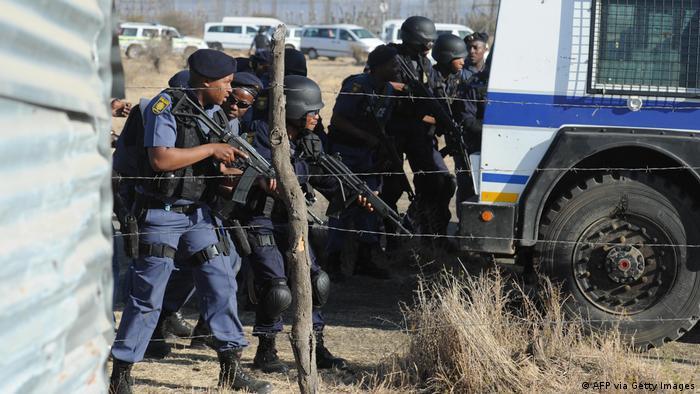
Clashes between police and strikers lasted around a week before culminating in the massacre.
Police fired hundreds of bullets, killing 34 mine employees. Noluthando Tukuza's husband, Mpangeli Tukuza, a driver at the mine, was among those killed.
He left her pregnant, with four other children to look after. The mine, which has since been bought by another mining firm, Sibanye-Stillwater, has taken over the schooling of her children, given her a job as a general cleaner, and allowed her to stay at a mine-owned house.
Very little compensation
But she said the compensation was too little to make an impact. "Even though [the] mine gave me work as a general cleaner, the money is too little," she told DW.
Tukuza's 14-year-old daughter, Aluncedo, is still bitter. She expressed the desire to confront the government to find out why no one has been imprisoned for her father's death.
"It's the tenth year now and no arrests, no justice. All the evidence is there. I fail to understand why and how there are no arrests till this time because everything is there," she told DW.
It was not only mine workers that died 10 years ago. The violence that occurred before the shooting of the 34 miners had resulted in 10 further deaths, including other miners, security guards and two police officers.
Aisha Fundi was married to Hassan Fundi, a security officer at the mine. She told DW her husband, who was on duty during the violent strike, was cut down by the striking miners and his body mutilated.
He had been attempting to stop the striking miners from entering the mine premises.
Aisha is grateful that the mine bought a house for her and her children, but said they were shattered by the loss of their father and still cannot cope with the grief.
'10 years of betrayal'
The Association of Mineworkers and Construction Union's (AMCU) motto for this year's memorial event is "10 years of betrayal." The mine has given new homes and new jobs to the widows of those killed, but by no means have all have been compensated, and many are angry with the government and with the police for not prosecuting anyone.
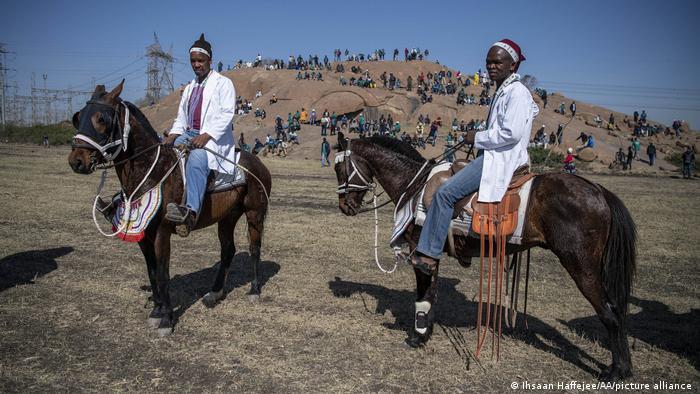
Members of the AMCU commemorate the tenth anniversary of the Marikana Massacre.
"They were running, hunting down the workers who were hiding under the rocks, killing them. They were trying to get cover. But the police came to hunt them, they shot and killed them. Others were killed while they tried to surrender," Joseph Mathunjwa, President of the AMCU, told DW.
"There was no apology extended to the families. There is no accountability. And there is no justice."
Lawyers representing the miners have argued that the 10 year delay to address issues surrounding the Marikana incident has been a gross injustice for the affected families.
The miners, through their lawyers, have indicated their decision to sue the country's president Cyril Ramaphosa, then an official with the National Union of Mineworkers, who is alleged through email to have called for action to be taken to stop the strike before the shootings took place.
The South African government's own solicitor general conceded that it had taken too long to resolve the victims' outstanding grievances and has announced its resolve to address them before the end of this month.
Adrian Kriesch contributed to this article
Get the latest reports & analysis with people's perspective on Protests, movements & deep analytical videos, discussions of the current affairs in your Telegram app. Subscribe to NewsClick's Telegram channel & get Real-Time updates on stories, as they get published on our website.










